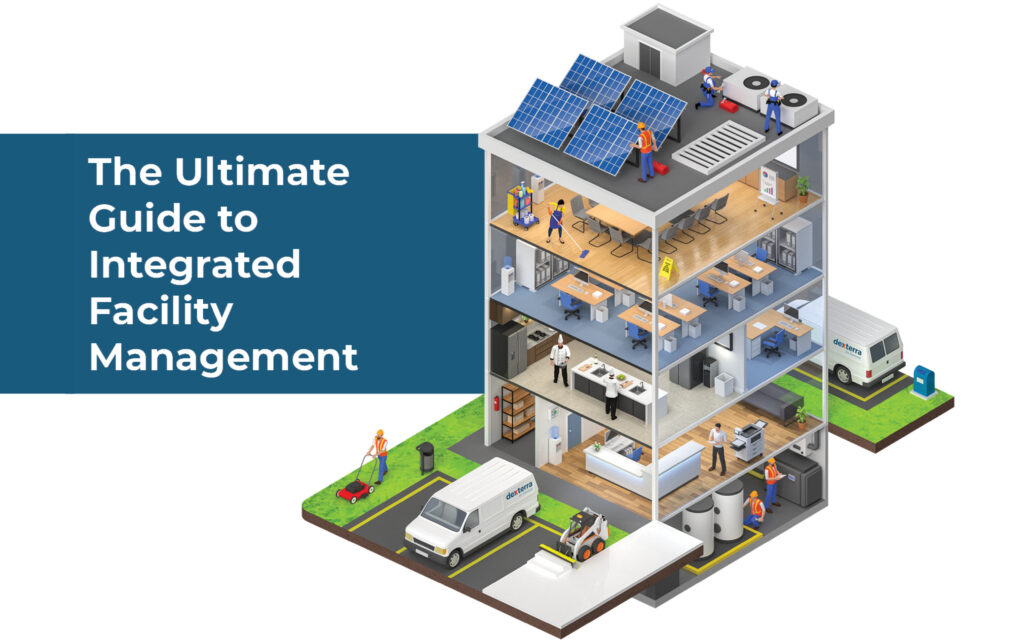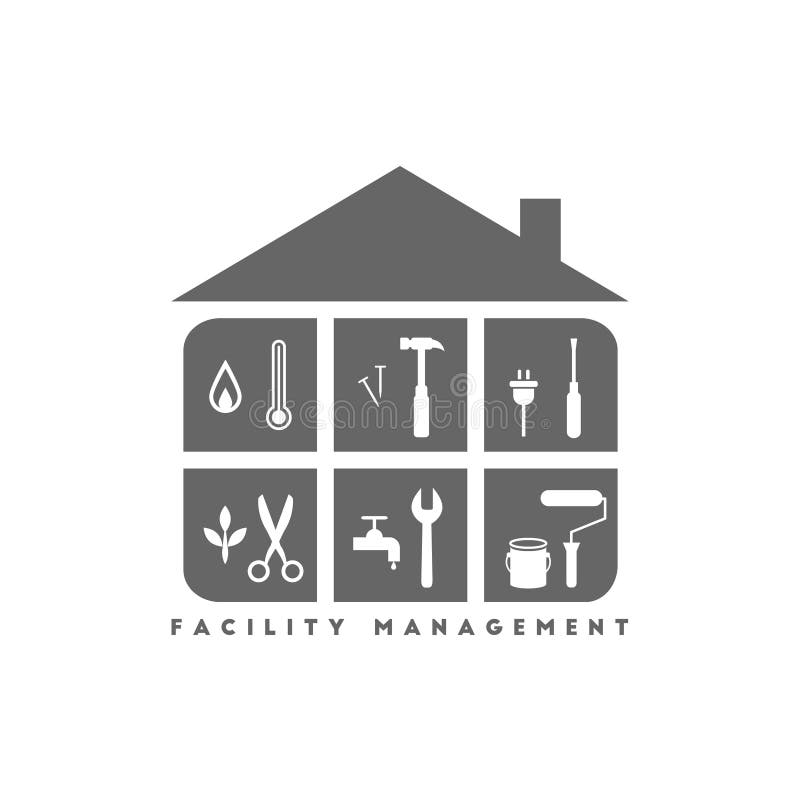Why Total Facility Management Is Necessary for Company Success
Total Facility Management (TFM) functions as a foundation for service success by balancing varied operational aspects such as upkeep, space application, and precaution. This integration not only boosts performance however additionally lines up facility management with overarching business objectives. As businesses browse an affordable landscape, comprehending the multifaceted benefits of TFM can be pivotal in driving cost performance and improving staff member productivity. The effects of taking on TFM prolong far beyond instant operational gains, raising essential concerns about its long-lasting effect on organizational resilience and competitiveness. What exists below this vital framework?
Understanding Total Facility Management
Total Facility Management (TFM) encompasses an extensive strategy to managing a company's buildings and linked solutions to make certain optimal functionality, safety, and efficiency. TFM integrates different self-controls, consisting of upkeep, operations, room management, and safety and security methods, to develop a cohesive structure that sustains an organization's core objectives.
At its core, TFM aims to simplify the processes associated with facility management, reducing redundancies and enhancing solution delivery. This strategy involves the coordination of activities connected to residential or commercial property management, such as repair services, cleaning, and energy management, to foster an effective setting for stakeholders and workers alike. TFM likewise stresses the significance of carrying out finest practices and innovative technologies to enhance service high quality and lower operational expenses.
Recognizing TFM needs recognition of its tactical significance in supporting an organization's objective. By straightening facility management tasks with business goals, TFM boosts general performance while ensuring conformity with health, security, and environmental regulations. Thus, TFM serves not just as a logistical function yet additionally as a critical possession, adding to an organization's lasting sustainability and growth. In summary, TFM is vital for producing a well-functioning environment conducive to business success.
Key Advantages of TFM
Leveraging a thorough method, organizations that execute Total Facility Management (TFM) unlock a myriad of benefits that add to overall company success. One of the main advantages of TFM is the enhancement of operational performance. By consolidating facility solutions under a unified management framework, companies can enhance processes, reduce redundancies, and boost interaction throughout departments.
Moreover, TFM promotes a proactive upkeep technique, which decreases downtime and expands the life expectancy of facilitiess and devices (Total Facility Management). This proactive strategy not only enhances productivity however likewise cultivates a safer working atmosphere, inevitably leading to greater employee fulfillment and retention rates
In addition, TFM assists in much better resource appropriation by supplying insights into facility efficiency metrics. Organizations can identify areas for renovation, permitting them to make educated choices that line up with their critical objectives.
TFM and Expense Performance
Attaining expense efficiency is a basic goal for companies, and Total Facility Management (TFM) plays an essential duty in this endeavor - Total Facility Management. By integrating numerous facility services under a single management framework, TFM allows organizations to enhance procedures and decrease redundancies. This holistic strategy leads to considerable price financial savings, as it eliminates the demand for multiple suppliers and streamlines procurement processes
Additionally, TFM promotes positive maintenance techniques, which minimize the threat of expensive fixings and downtime. By focusing on precautionary procedures, companies can extend the life-span of their properties and reduce unanticipated expenditures. In addition, resource TFM incorporates power management methods, which can substantially cut energy prices with effective source application.
The centralization of information and analytics within TFM allows organizations navigate to this site to make enlightened financial decisions. By recognizing fads and locations for improvement, TFM enables tailored approaches that better improve cost management. The scalability of TFM options ensures that as organizations expand, their facility management techniques stay efficient and lined up with monetary goals.
Enhancing Worker Productivity
A well-managed facility can considerably enhance employee efficiency by creating a conducive job atmosphere. Effective Total Facility Management (TFM) guarantees that all facets of the workplace-- from lights and temperature level to cleanliness and security-- are enhanced. When workers operate in an area that is properly maintained and comfy, they are more probable to concentrate on their tasks, resulting in higher result and work complete satisfaction.
Furthermore, TFM can enhance collaboration via the strategic layout of public areas, encouraging teamwork and development. By purchasing the best resources and modern technology, companies can assist in seamless interaction and simplify process, even more enhancing productivity. Normal maintenance and prompt feedbacks to facility issues protect against interruptions that could or else hinder efficiency.
In addition, a risk-free and healthy job atmosphere, supported by TFM techniques, decreases absence and promotes well-being, straight associating with increased performance levels. Inevitably, prioritizing facility management is a financial investment not only in physical properties but additionally in the labor force itself. By fostering a setting that supports worker needs and choices, businesses can grow an extra engaged and reliable workforce, driving total success and competitive benefit.

Future Trends in TFM
Accepting technical innovations is readied to reshape the landscape of Total Facility Management (TFM) in the coming years. As the need for efficiency and sustainability increases, TFM will increasingly adopt wise building innovations, integrating Web of Things (IoT) gadgets to manage and monitor facility operations in real-time. This change will certainly make it possible for aggressive upkeep, dramatically improving and lowering functional prices solution shipment.

Sustainability stays a crucial emphasis, with TFM professionals expected to focus on environmentally friendly techniques. This includes utilizing sustainable power sources and enhancing waste management systems to minimize the carbon impact of facilitiess.
Remote management capabilities will likewise be increased, enabling facility supervisors to oversee operations from practically anywhere. This versatility will certainly more tips here come to be essential as organizations adapt to hybrid work models. In summary, the future of TFM is positioned for improvement via modern technology, sustainability, and enhanced operational strategies, guaranteeing companies stay competitive in a progressing landscape.
Final Thought
In verdict, Total Facility Management is an essential component for achieving business success. By integrating numerous functional features, TFM improves effectiveness and lines up facility management with business purposes. The resulting expense savings, improved employee productivity, and more secure job atmospheres contribute considerably to overall efficiency. As organizations significantly embrace innovative technologies and lasting methods, the significance of TFM will remain to expand, guaranteeing long-term functional efficiency and competition in an advancing market.
